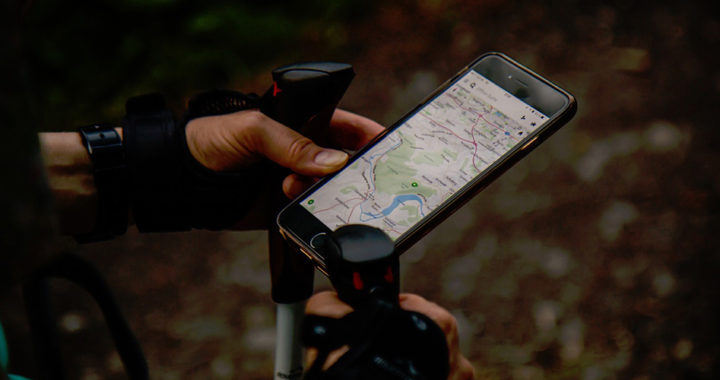Global Positioning System or GPS is a satellite-based and radio-based global navigation system, as well as a specific wireless communication technology, that is owned by the United States government and directly operated by the U.S. Air Force. The two features of this technology center on providing geographic location estimates or geolocation and time information to a GPS receiver such as industrial-grade GPS-enabled devices and consumer-grade consumer electronic devices such as personal trackers and smartphones.
Pros of GPS: The Benefits and Advantages of Global Positioning System Technology
1. Free and Independent Operation
One of the notable advantages of Global Positioning System technology is that it does not require a user to transmit data from his or her device. Also, a GPS device generally works independently from telecommunication infrastructures or in other words, it does not consume wireless communication data. However, telecommunication systems can enhance GPS positioning and geolocation and time information.
It is also important to note that a key benefit of GPS is that it is free. Aside from the fact that an enabled device does not consume wireless communication data from telecommunication service providers, the entire technology is free of charge without any subscription or license.
2. Global Accessibility
Note that there are 24 to 32 satellites in medium Earth orbit tasked to provide GPS services across the globe. These satellites orbit the globe to ensure full coverage of different areas. Furthermore, having different satellites orbiting at different tracks and at different times improves further the precision of geolocation information.
Because of the global coverage of GPS satellites, GPS technology or specific GPS services are accessible anywhere in the world via an enabled device. This accessibility has made global positioning system a dual-use technology that benefits not only the U.S. military but also non-military stakeholders from different parts of the globe. The technology has multipurpose and expansive applications.
3. Commercial and Scientific Applications
The fact that GPS technology is free means that it has been utilized for different applications and purposes. Take note that aside from benefitting the military, the technology has been applied for commercial and scientific uses. Different industries and sectors have taken advantage of tracking valuable assets via geolocation through GPS, monitoring their employees to increase productivity, and improving customer service.
In science, the technology has been used to meet specific goals and objectives. For example, it has been used for weather surveillance because an enabled device can also come equipped with different features such as barometric altimeters. It has also been used in traffic monitoring, geological surveillance or tectonics, and in disaster and emergency response.
4. Civilian and Personal Applications
The civilian applications of GPS have also translated to more specific benefits. In general, GBPS-enabled devices have been used for navigation, clock synchronization, and different tracking applications. The technology has supported the development of other technologies such as automated or self-driving vehicles and improved the features of computers and smartphones.
Several consumer-grade applications have been developed based on the advantages of global positioning system. For example, aside from developing fitness devices with tracking capabilities, GPS technology has been applied and integrated into self-navigating robots and vehicles, cellular telephony, and social media, among others.
Cons of GPS: The Limitations and Disadvantages of Global Positioning System Technology
1. Issues Concerning Accuracy
A notable disadvantage of GPS is accuracy. Although several satellites are orbiting the Earth to ensure precision through full global coverage, interferences can cause significant problems. Note that the ionosphere and the troposphere can slow down the rate of signal propagation. Weather conditions and electromagnetic interference can also affect data transmission.
Certain geological features can also obstruct the communication between GPS satellites and receivers or enabled devices. Cities with high-rise buildings or confined locations such as mountains, caves, and forests can hamper communication because signals do not pierce through solid objects. Obstructions can lead to misleading coordinates or geolocation information.
2. Dependent on Battery Life
A device equipped with GPS capabilities consumes battery power. The specific GPS chips are power hungry. For example, in smartphones, the rate of battery level depletion can accelerate when its global positioning system feature is running on the background or when using geolocation-dependent applications.
It is also worth mentioning that a key limitation of GPS is that once battery power runs out, an enabled device is virtually useless. These devices are only as useful as their battery capacities. Such is the reason why these devices need to come with power management features and better battery capacities.
3. GPS and Concerns About Privacy
GPS-enabled tracking devices can be used for stalking purposes. For example, a device placed unknowingly in the car of an individual could communicate with another complementary device, thus allowing a user to track the location of the unaware individual anonymously. The method can be used for criminal purposes. Note that these devices are readily available in the market.
When used alongside Internet applications, such as mobile apps or social media, GPS can effectively track and record the location of a user, thus allowing companies to exploit geolocation data and information for commercial purposes such as geo-targeted advertising.
